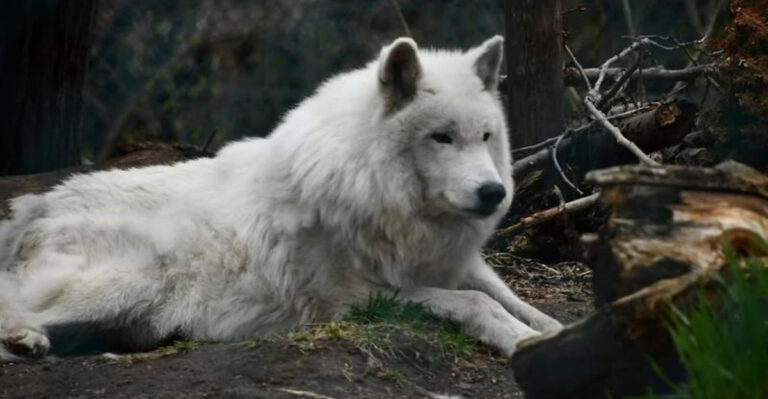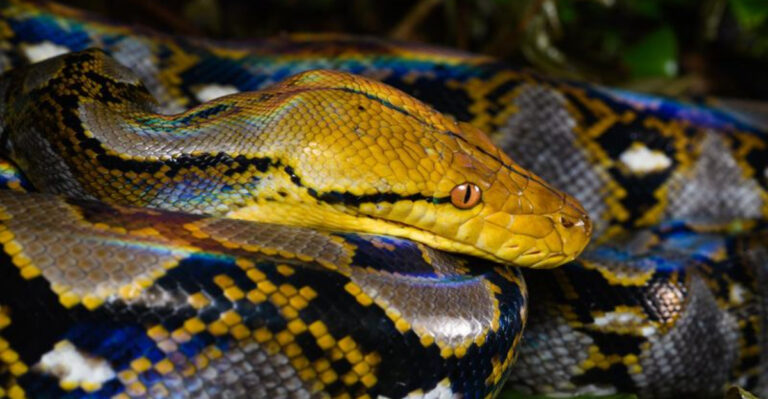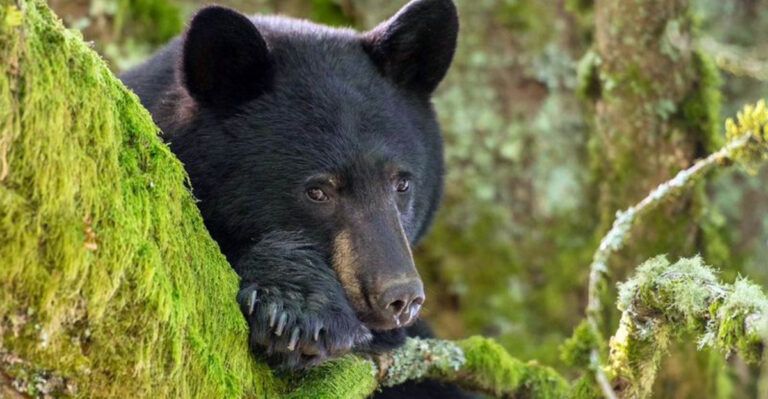16 Common Health Problems Linked To Horses
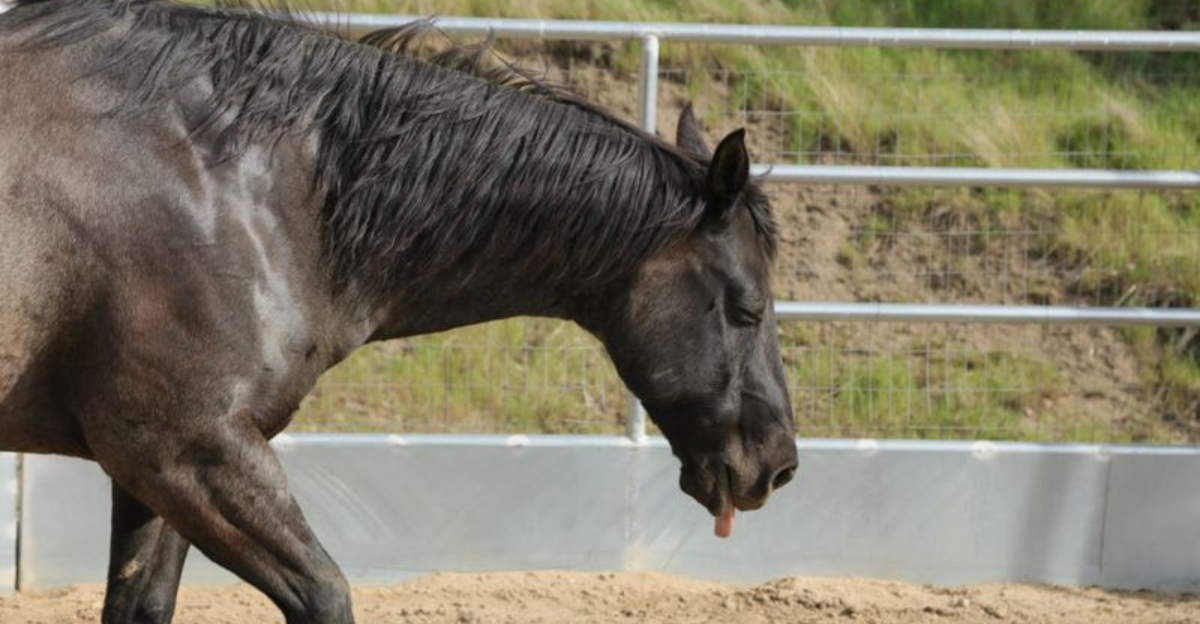
Horses, the majestic beasts that have galloped alongside humans for centuries, have their share of health problems. These issues don’t just affect their performance, but can also impact their overall well-being.
Understanding these health problems is vital for anyone who owns or works with horses. Let’s explore the common health problems linked to our equine friends and how we can help them lead healthier lives.
1. Laminitis
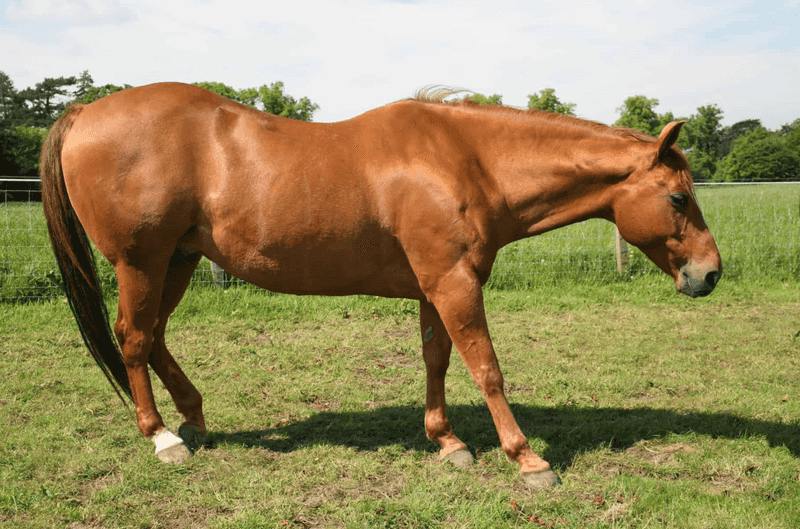
Ever seen a horse that walks on eggshells? Laminitis is a painful condition affecting the hooves, causing severe discomfort. This inflammation can make even the gentlest of steps feel like agony.
Managing a horse with laminitis involves dietary control and proper hoof care. Regular check-ups can prevent this debilitating ailment, ensuring your four-legged friend trots happily once again!
2. Colic
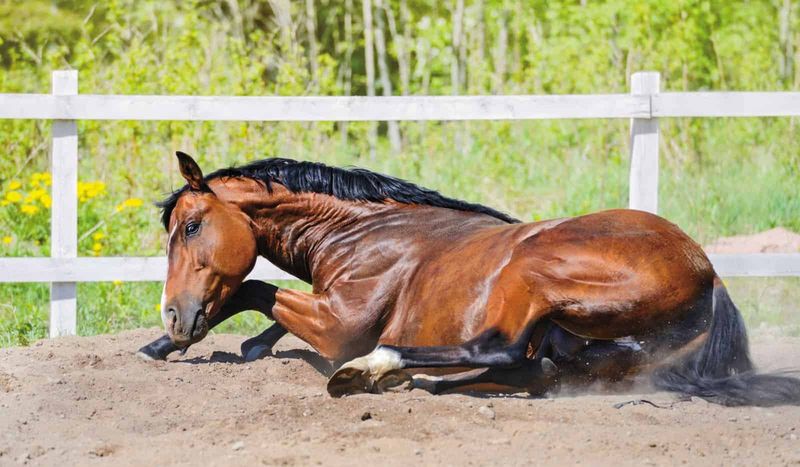
Got a horse that seems restless, rolling and kicking? It could be colic, a digestive gas pain that’s the number one killer of horses. The causes range from dietary issues to stress.
Quick intervention is crucial. Keep an eye out for signs and ensure timely veterinary care. Managing their diet and environment can also keep this nasty bellyache at bay.
3. Equine Influenza
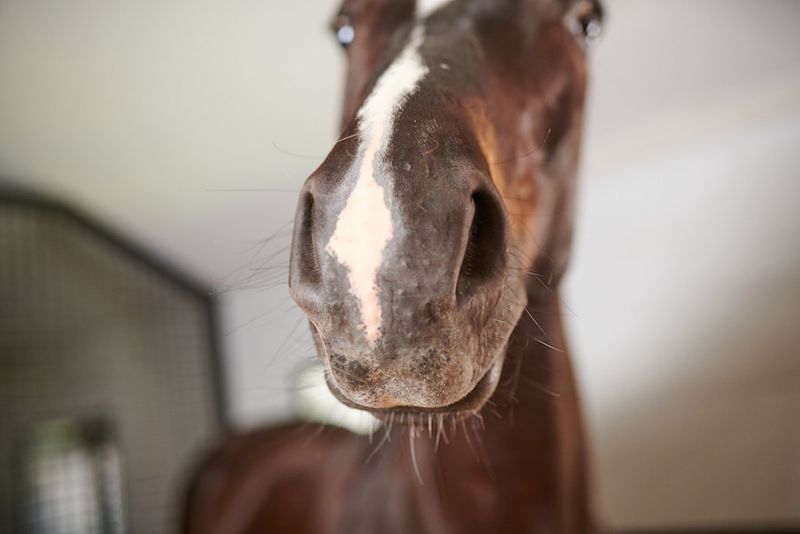
Coughing, sneezing, and a runny nose – sounds familiar? Equine influenza is a contagious respiratory condition. Just like the human flu, it spreads quickly in close quarters.
Vaccination is key to prevention. Proper hygiene and isolation protocols also play a massive role in controlling outbreaks. It’s all about keeping our equine pals healthy and happy.
4. Heaves
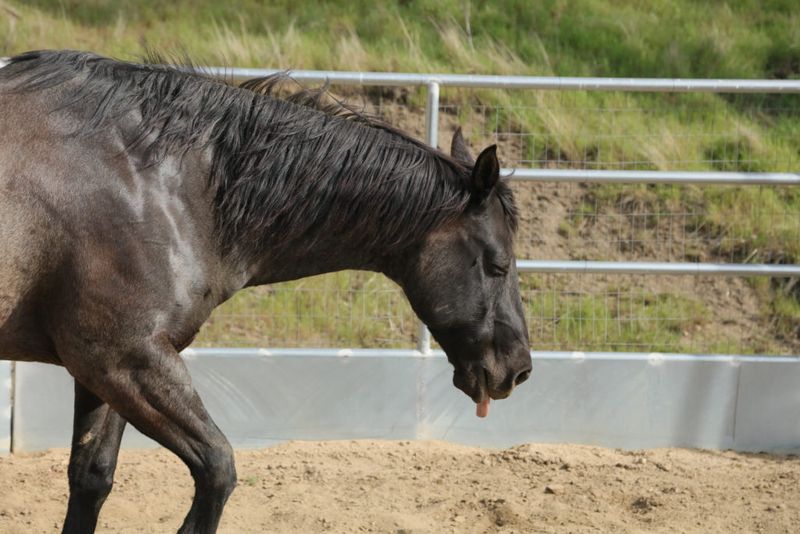
Imagine running a marathon with a stuffed-up nose! Heaves, or equine asthma, is a respiratory problem that’s exacerbated by dust and allergens.
Keeping the barn clean and dust-free can help manage symptoms. A healthy, balanced diet also supports their respiratory health. Give your horse the fresh air it deserves!
5. Gastric Ulcers

Ever had heartburn? That’s what gastric ulcers feel like to horses. These painful sores occur in the stomach lining and can be due to stress or diet.
Reducing stress and providing frequent, small meals can prevent this issue. Omeprazole is a commonly used treatment. Keep your equine friend’s tummy happy and ulcer-free!
6. Cushing’s Disease
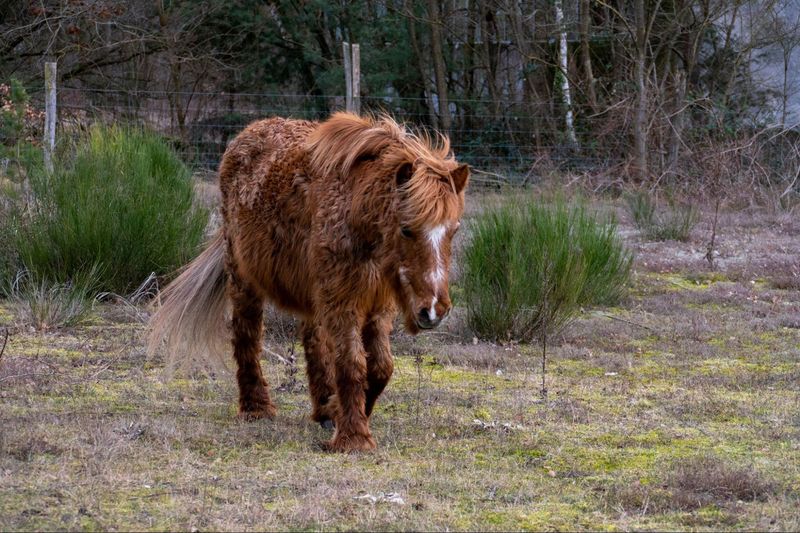
Ever met a horse with a shaggy coat, even in summer? Cushing’s disease affects older horses, causing hormonal imbalances that lead to unusual hair growth.
Regular vet check-ups and medication can manage symptoms effectively. Maintaining a stable environment helps, too. Ensure your aged friend enjoys its golden years.
7. Equine Herpesvirus (EHV)
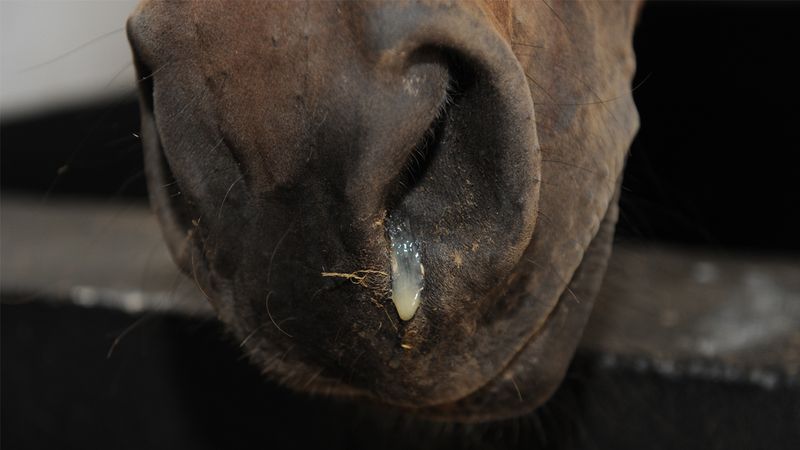
Sneezing but not from a cold? Equine Herpesvirus is a contagious virus that affects the respiratory system. It can also lead to neurological issues in severe cases.
Vaccinations are essential for prevention. Isolating affected horses is crucial to stop the spread. Prioritize regular vet visits to keep this pesky virus at bay.
8. Rain Rot
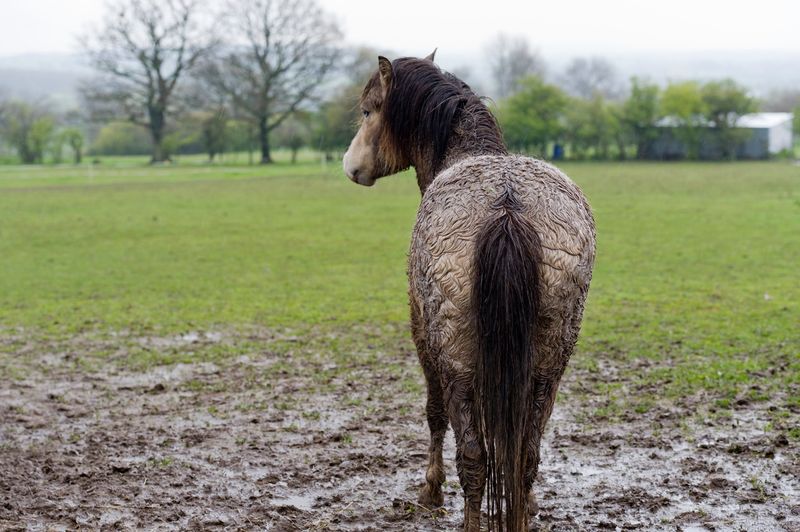
Ever seen a horse with patchy hair? Rain rot is a skin infection caused by moisture-loving bacteria. It’s not just unsightly but uncomfortable, too.
Keep your horse dry and clean to prevent this condition. Antibacterial washes can help treat affected areas. Your horse’s coat will thank you!
9. Equine Infectious Anemia (EIA)
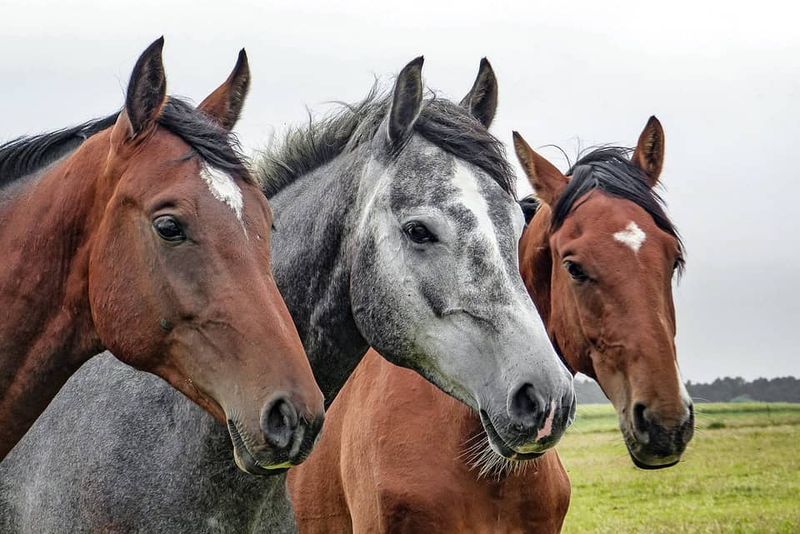
Heard of the swamp fever? Equine Infectious Anemia is a blood-borne viral disease, often transmitted by insects. It can cause fever, anemia, and even death.
There’s no vaccine, so prevention is key. Regular testing and keeping your horse in a mosquito-free environment can reduce risks. Stay vigilant!
10. Strangles
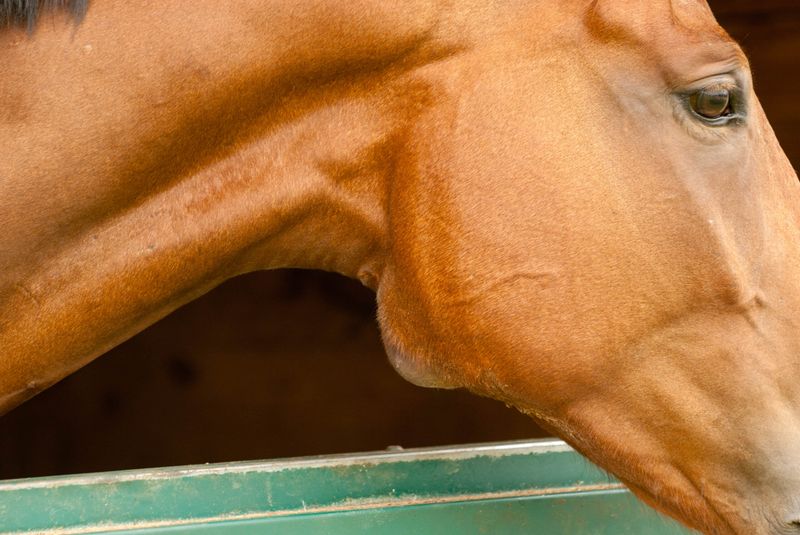
Got lumps under the neck? Strangles, a highly contagious bacterial infection, causes swelling and abscesses in the lymph nodes.
Isolating affected horses and maintaining strict hygiene can control outbreaks. Vaccination and early treatment are crucial. Protect your herd from this nasty infection.
11. Tetanus
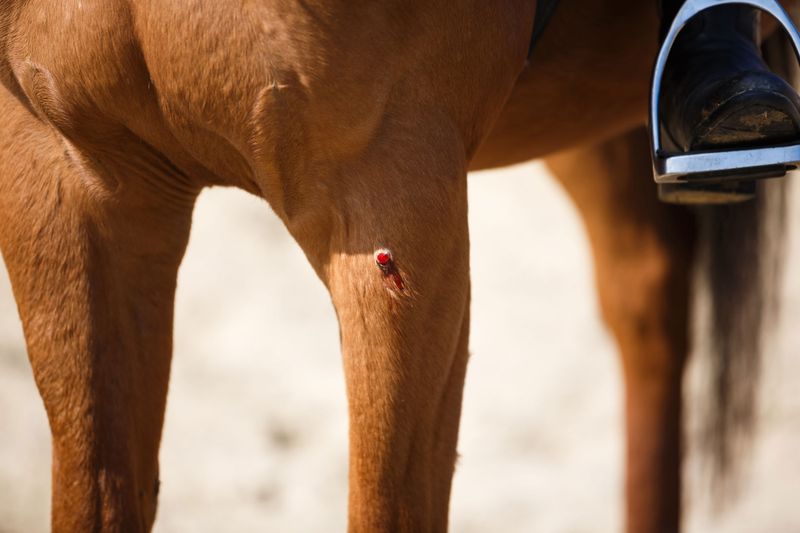
Watch out for stiffness! Tetanus is a bacterial infection caused by wounds, affecting the nervous system, leading to muscle stiffness and spasms.
Vaccinate your horse regularly to prevent this deadly disease. Immediate wound care is essential. Keep your equine companion moving freely without fear!
12. Botulism
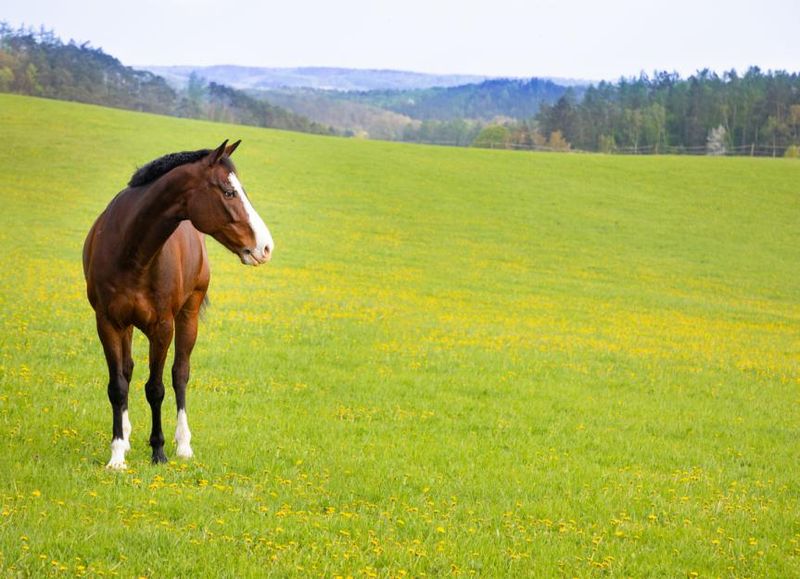
Ever seen a horse too weak to stand? Botulism is a serious condition arising from spoiled feed, leading to paralysis.
Ensuring feed is fresh and stored correctly can prevent this. Immediate veterinary care is crucial if symptoms appear. Keep your horse strong and sturdy!
13. West Nile Virus
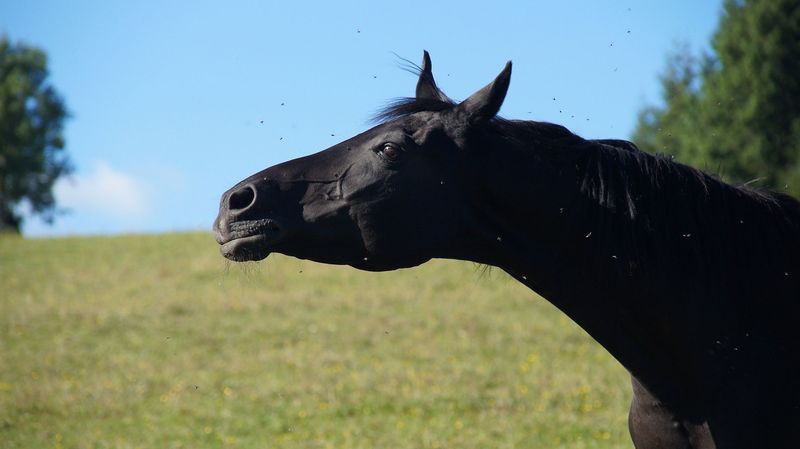
Mosquitoes aren’t just annoying – they can transmit West Nile Virus, causing neurological problems in horses.
Vaccination and mosquito control around the stable are vital. Regularly checking for symptoms ensures early treatment. Let your horse enjoy the outdoors without buzzing nuisances!
14. Equine Protozoal Myeloencephalitis (EPM)
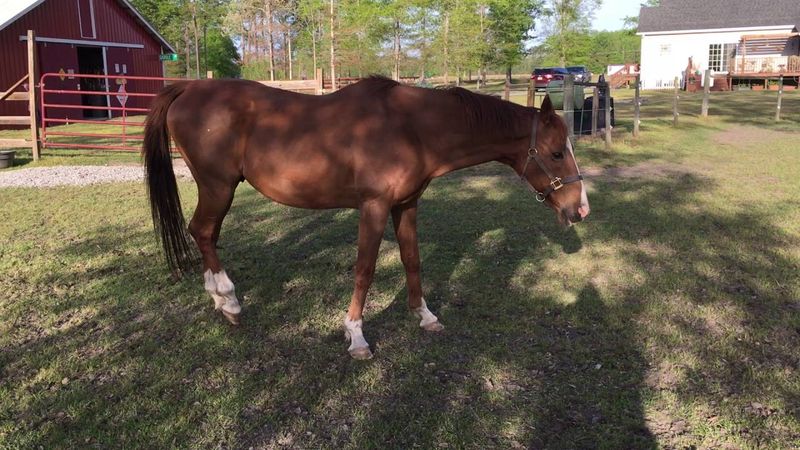
Ever seen a wobbly horse? EPM is a neurological disease caused by protozoa affecting the central nervous system.
Early diagnosis and treatment are crucial. Keeping feed and water clean prevents contamination. Help your horse stay steady on its hooves!
15. Mud Fever
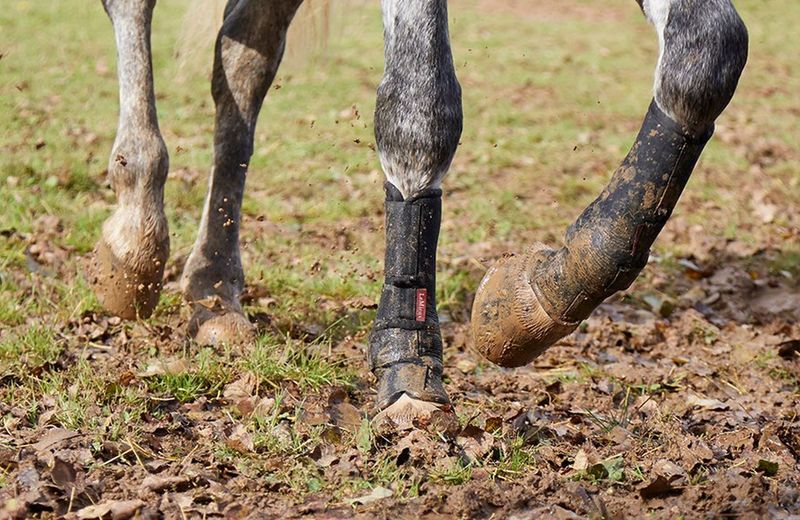
Muddy fields can lead to mud fever, a bacterial infection of the skin on the legs. It’s not just a cosmetic issue but can cause pain and swelling.
Keeping legs clean and dry helps prevent this. Antibacterial treatments can alleviate symptoms. Let your horse stride comfortably through any weather!
16. Equine Sarcoids
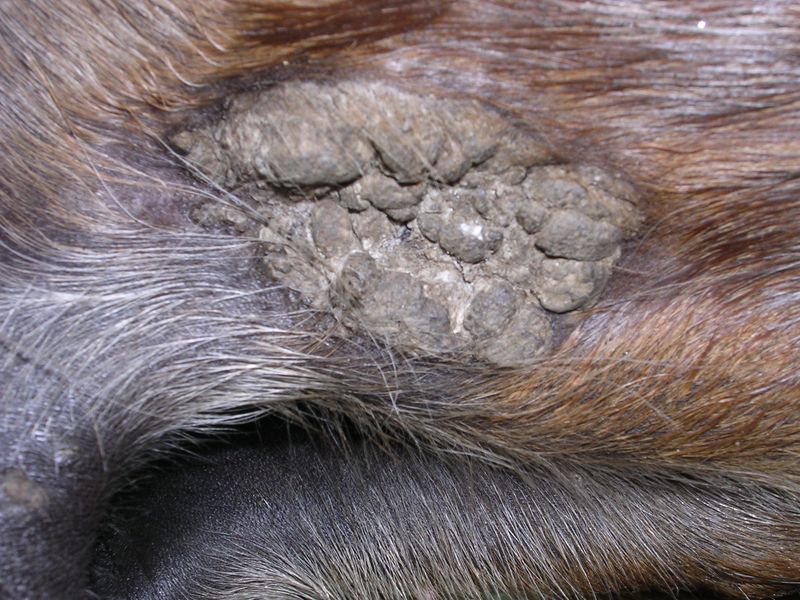
Got lumps on your horse’s skin? Equine sarcoids are common skin tumors that, while usually benign, can be bothersome.
Consulting with a vet for proper diagnosis and treatment is essential. Keeping the skin clean and monitoring changes can prevent complications. Ensure your horse’s skin stays smooth and clear!


